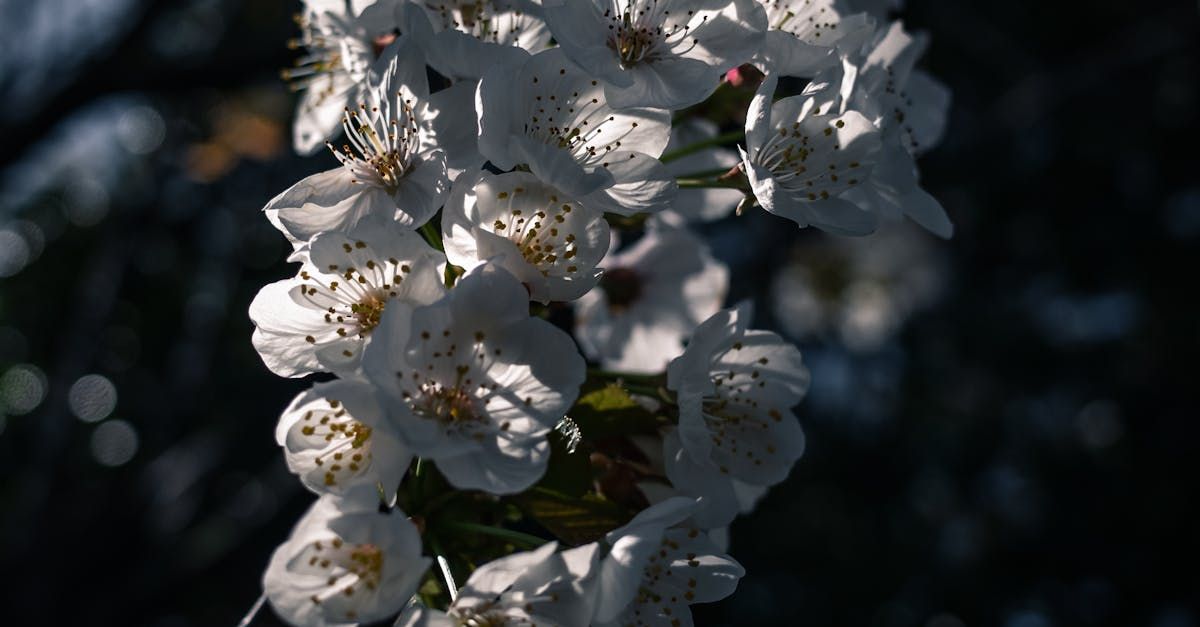High Hopes: Can Cannabis Help Lower High Blood Pressure?
Elevating Health: Exploring the Potential of Cannabis in Managing High Blood Pressure
High blood pressure, or hypertension, is a common medical condition that can have serious health implications if left untreated. While lifestyle changes and medications are the primary approaches to managing high blood pressure, some people wonder whether cannabis could play a role in lowering blood pressure. In this blog, we'll explore the relationship between cannabis and high blood pressure, examining the potential benefits, risks, and important considerations.
Understanding High Blood Pressure
High blood pressure is a condition characterized by elevated levels of force exerted by blood against the walls of the arteries. This condition can lead to various health problems, including heart disease, stroke, and kidney disease. Lifestyle factors such as diet, exercise, and stress management play a crucial role in managing blood pressure.
Cannabis and High Blood Pressure: Potential Benefits
The potential impact of cannabis on blood pressure remains a topic of ongoing research, and findings have been mixed. Here are some ways in which cannabis may influence blood pressure:
- Relaxation and Stress Reduction: Some users report that cannabis can induce relaxation and reduce stress and anxiety. Lowering stress levels may indirectly contribute to lower blood pressure.
- Vasodilation: Some cannabinoids, including THC (tetrahydrocannabinol), have been shown to cause temporary vasodilation, the widening of blood vessels. This may lead to a decrease in blood pressure.
- Anti-Inflammatory Properties: Cannabinoids like CBD (cannabidiol) have anti-inflammatory properties, which may have a positive effect on blood vessel function.
- Pain Management: Cannabis can help manage pain, and by reducing discomfort, it may lower stress and contribute to lower blood pressure.
Important Considerations
Before considering cannabis as a potential treatment for high blood pressure, it's essential to be aware of the following considerations:
- Consult a Healthcare Provider: Always consult with a healthcare provider before using cannabis as a potential treatment for high blood pressure. They can provide personalized guidance based on your medical history and overall health.
- Dosage and Composition: The composition of cannabis products can vary widely, and different strains may have different effects on blood pressure. It's crucial to start with a low dose and monitor your response carefully.
- Lifestyle Factors: Cannabis should not replace essential lifestyle changes for managing high blood pressure. Diet, exercise, and stress management remain crucial components of hypertension management.
- Potential Side Effects: Cannabis can have side effects, including dizziness, dry mouth, and changes in cognition. These effects can vary depending on the individual and the strain used.
- Legal Status: Be aware of the legal status of cannabis in your region or country, as it varies widely.
- Interactions with Medications: Cannabis may interact with certain medications used to treat high blood pressure or other health conditions. Discuss potential interactions with your healthcare provider.
While some individuals report positive effects of cannabis on their blood pressure, the scientific evidence on this topic is still limited and somewhat inconclusive. As such, it's essential to approach cannabis as a potential complementary therapy for high blood pressure cautiously and under the guidance of a healthcare provider. Lifestyle changes, such as adopting a heart-healthy diet, engaging in regular exercise, and managing stress, remain the foundation of effective hypertension management. With responsible use and careful consideration, cannabis may offer some individuals a complementary approach to improving their overall cardiovascular health, but it should not replace conventional treatments or lifestyle modifications recommended by healthcare professionals.
SHARE:
Disclaimer: The information provided in this article is for educational purposes only. The content is not intended to be a substitute for professional medical advice, diagnosis, or treatment. Always seek the advice of your physician or other qualified healthcare provider with any questions you may have regarding a medical condition. The use of cannabis, including smoking, may have potential health risks and may not be suitable for everyone. It is essential to understand and abide by the laws in your country or state regarding cannabis use. The author and publisher of this article are not responsible for any adverse effects or consequences that may result from the use of the information presented in this article. This blog is sponsored by
Fresh Mint.












